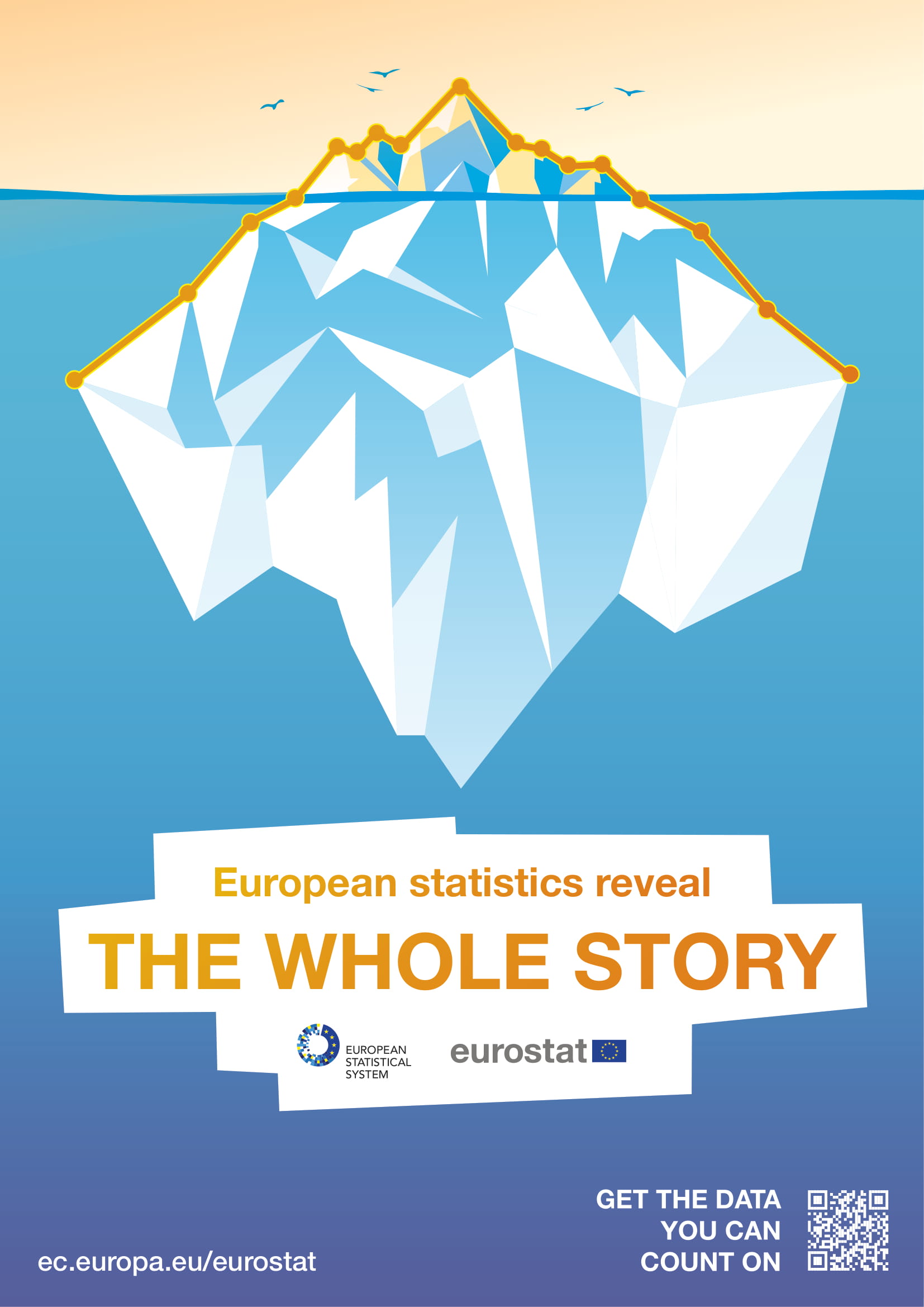- Legal Framework
- European Statistics Code of Practice
- Quality Asurance Framework for the ESS
- ESS Quality Glossary
- ELSS Agencies
- ELSS Coordination Committee
- ELSS Advisory Committee
- Good Practice Advisory Committee (GPAC)
- Memorandum of Cooperation
- Certification of ELSS statistics
- Peer Review
- Peer Review - 3rd round
- Hellenic Statistical Program
Peer reviews

What are the peer reviews?
The aim of the peer review is to assess the compliance of the National Statistical System of (name of country) with the principles of the European Statistics Code of Practice. Statistical authorities in all the other EU Member States and EFTA countries, as well as Eurostat (the statistical office of the European Union) are also subject to peer reviews scheduled to take place from June 2021 to the end of June 2023.
How are they conducted?
The peer reviews are conducted by teams of independent experts following a common methodology. The process includes the completion of a self-assessment questionnaire by the statistical authorities, followed by a 4-5 day visit of the experts, who provide a final report. In addition to assessing the compliance of the authorities with the European Statistics Code of Practice, the peer review reports put forward future-oriented recommendations to further improve and develop the performance of national statistical systems and Eurostat. At the same time, they should stimulate government authorities to support the implementation of these recommendations. Each National Statistical Institute, and Eurostat, then develops an action plan for addressing the peer review recommendations. Both the final reports and the accompanying action plans are being published on Eurostat’s website.
What is the European Statistical System (ESS)?
the European Statistical System is the partnership between Eurostat (the statistical office of the European Union) and the national statistical authorities in the EU Member States and EFTA countries. The national statistical authorities collect data and compile statistics for national and EU purposes. The ESS functions as a network in which Eurostat‘s role is to lead the way in the harmonisation of statistics in close cooperation with the national statistical authorities. ESS work concentrates mainly on EU policy areas - but, with the extension of EU policies, harmonisation has been extended to nearly all statistical fields. The ESS cooperates with other Commission services, agencies and the European Central Bank, the enlargement countries and countries covered by the European neighbourhood policy, as well as with international organisations such as the Organisation for Economic Co-operation and Development, the United Nations, the International Monetary Fund and the World Bank.

